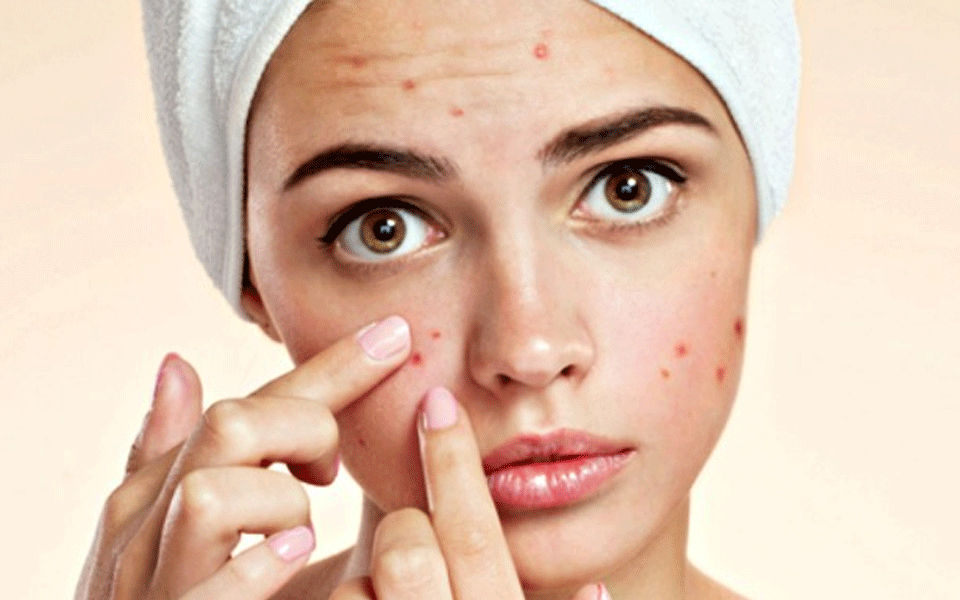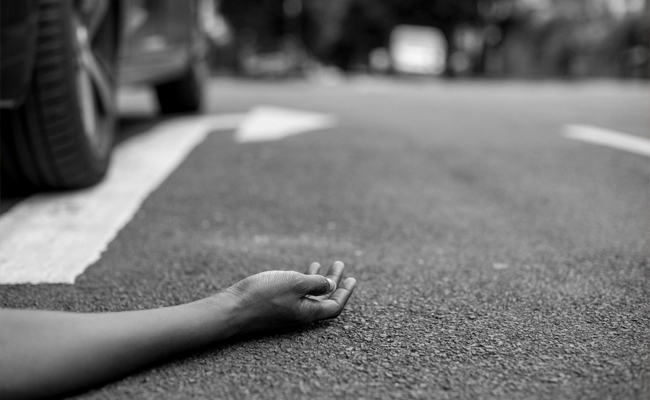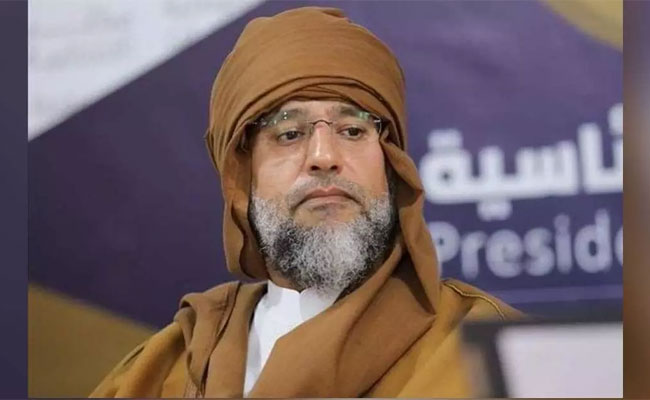New Delhi, July 29 : Have acne trouble? A balanced diet along with a healthy lifestyle can help you curb it, say experts.
Preeti Seth, Cosmetologist, Pachouli Wellness Clinic, Delhi, and Prabhu Mishra, Senior Cosmetologist, SCI International Hospital, Delhi, tell what all one should eat to keep acne at bay.
Brown rice:

Brown rice is a rich source of vitamin B, protein, magnesium, and several antioxidants. For acne, vitamin B acts as our skin's stress fighter, which will help regulate hormones levels and prevent the likelihood of breakouts.
Garlic:
Garlic is another super food that helps fight inflammation. Garlic is full of a naturally occurring chemical called allicin, which kills off many harmful bacteria and viruses your body might be fighting, so its proven to be good for reducing inflammation in acnes.
Broccoli:
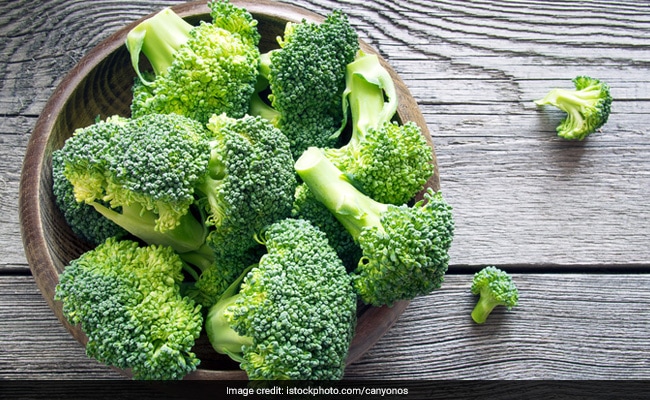
It is the perfect skin clearing food. It contains health building properties like vitamins A, B complex, C, E, and K. These antioxidants fight radical damage which will assist with the luminosity of your skin.
Fish:
Known to be a very good source of omega-3 and 6-fatty acids, fish is excellent for an acne prone skin. These acids reduce inflammation in the skin. Sardine and salmon are very good for skin.
Nuts:
Deficiencies in minerals such as zinc and selenium have been linked to acne. Most nuts contain selenium, vitamin E, copper, magnesium, manganese, potassium, calcium and iron, which are all essential for healthy skin.
Fennel:
If you are looking for the perfect natural skin cleanser, eat fennel. This licorice-tasting root vegetable can improve digestion, reduce swelling and help to flush out excess fluids and toxins in your skin.
Green tea:
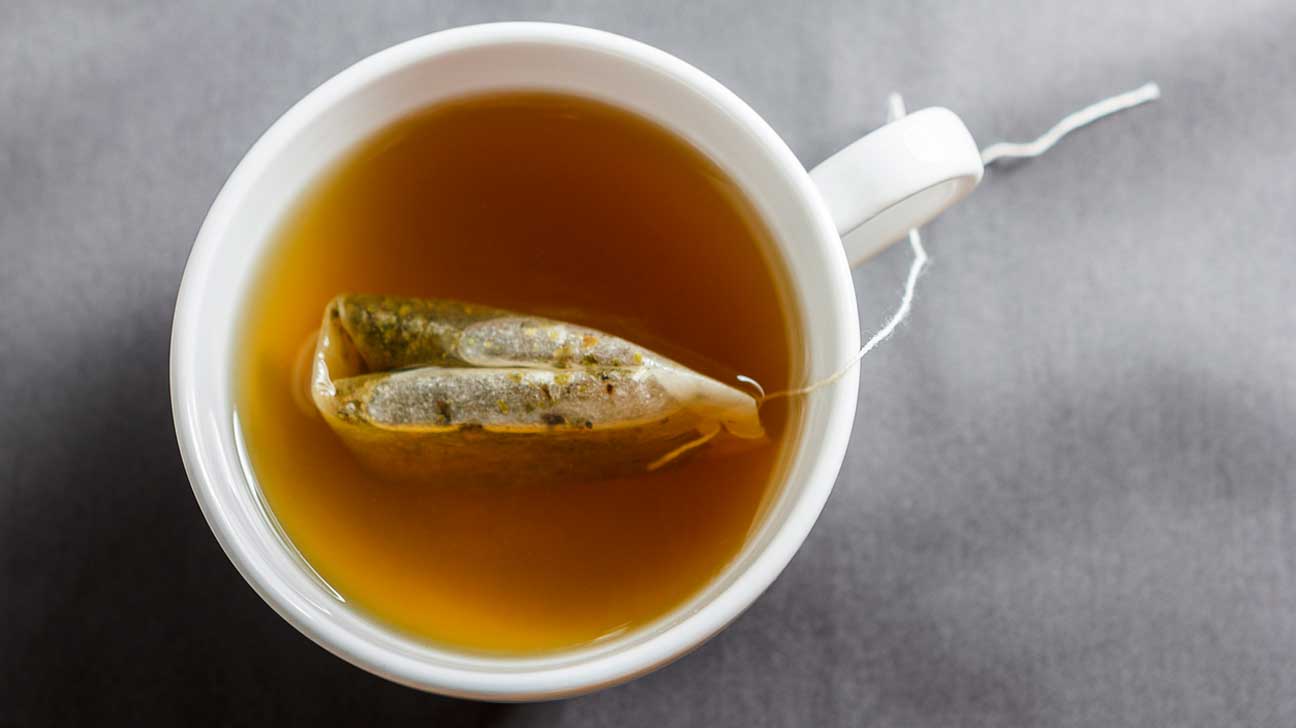
Image source: Vegan Liftz
Many studies show that green tea helps fight acne. Drink more green tea throughout the day, and try applying cooled tea bags or a cloth dipped in cooled green tea to acne-prone areas of your face for 10-15 minutes.
Red grapes:

Image source: naturalfoodseries.com
The fruit and seed contain powerful natural chemicals and antioxidants that have been shown to treat inflammatory skin conditions such as psoriasis and eczema. On top of this, grapes can also help to control the side effects of allergic reactions on skin.
Alfalfa sprouts:
It looks like grass, but these sprouts are packed with valuable, skin-clearing nutrients. Alfalfa sprouts contain live enzymes which help fight inflammation.
Foods rich in vitamin A and carotenoids:
Carotenoids are used in anti inflammatory drugs for treatment for acne. Rich sources of carotenoids include carrot juice, carrots, spinach, kale, cantaloupe, vegetable soup, mangos, papaya, instant fortified oatmeal, frozen peas and tomato juice. Fresh and canned peaches and red bell peppers provide modest amounts of carotenoid.
Let the Truth be known. If you read VB and like VB, please be a VB Supporter and Help us deliver the Truth to one and all.
Ghaziabad (UP) (PTI): Three minor sisters died after allegedly jumping off the balcony of a ninth-floor flat in Ghaziabad early on Wednesday, police said.
Assistant Commissioner of Police (Shalimar Garden) Atul Kumar Singh said the police received information around 2.15 am about three girls jumping off the balcony of the ninth-floor apartment in a tower of Bharat City, located under the Teela Mor police station area.
On reaching the spot, the police found that the girls -- Nishika (16), Prachi (14) and Pakhi (12) -- daughters of Chetan Kumar, had fallen to the ground floor and suffered fatal injuries, the ACP said.
They were rushed by ambulance to a hospital in Loni, where doctors declared them dead on arrival, he added.
The police have initiated legal formalities and are investigating the circumstances leading to the incident, officials said.

